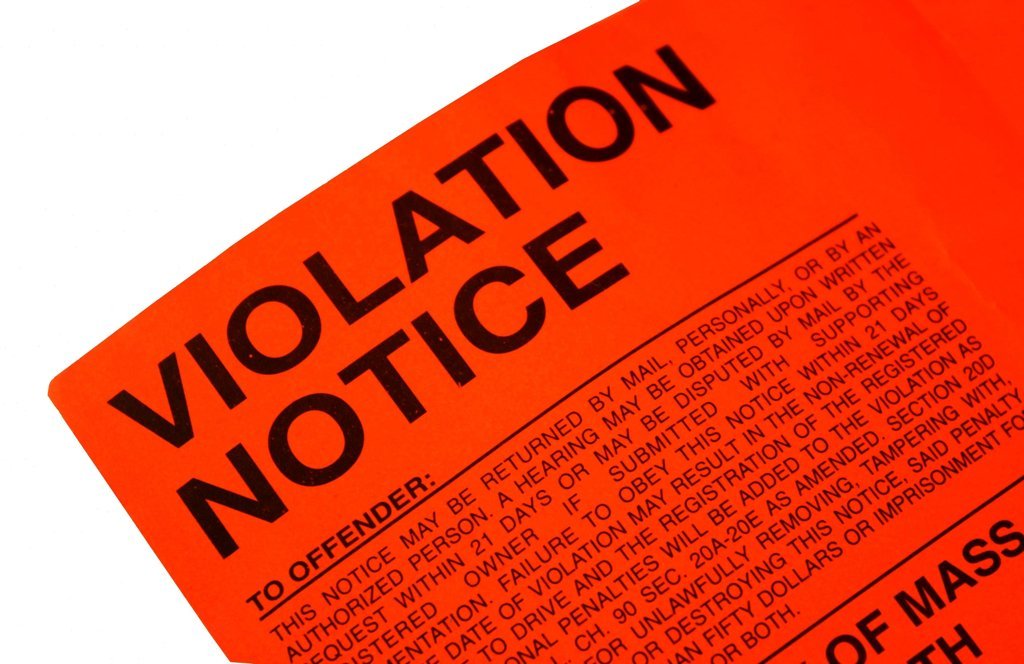I’m not sure what caused me to be so compulsive about better writing skills, especially as I look at someone’s writing skills when I receive an email, letter or look at a flyer. It might have been my 9th grade English teacher who savaged pretty much everything I wrote.
She constantly pointed out how my poor writing skills were making my essays second-rate. Grammar? We had a touch-and-go relationship. I’d start to touch my grammar knowledge and it would rapidly go away. Split infinitives, dangling modifiers, and other perilous grammatical constructions would lead me down the path of content destruction.
At some point in college, the lessons started to sink in under the weight of all the papers I had to write. My first few jobs, I noticed that well-written text was complimented at the newspaper where I had an internship. When I moved into marketing, I observed how well the seasoned copywriters could mold your perceptions based on the choice of words and phrases they crafted.
Later, I read Stephen King’s book “On Writing”. It’s a very quick read. Heck, you only need to read the first part, but it’s a more approachable version of Strunk & White’s “Elements of Style”, a drier tome that I wrestled with in college. King does a great job of quickly showing how good writing differs from bad. Much of it has nothing to do with grammar and everything with being a better self-editor. The capacity to read your own writing and make it more succinct helps to transport the reader through the piece, as opposed to getting them bogged down in a tired swamp of clichés, overindulgent adjectives, and endless commas, dragging a sentence on and on and on to point you aren’t even sure where you started. Phew! Get in and get out. Tell the story, and get to the end. Words are great. Fewer words are better.
Proper spelling, punctuation and grammar are all important. I’m assuming that I’m not alone when I draw conclusions from letters or emails that are sloppily written, have silly word errors or confusions. What should I think about the person who sends me a work-related email that has these flaws? They’re busy? I don’t matter? I’m too picky? Maybe their writing skills are poor. Regardless, I’m distracted from their message or request.
So, a few things to consider to cultivate better writing skills:
1) Write knowing it’s your first draft. Write it all down and then pick amongst your various sentences and phrases and keep the best. Ditch the rest.
2) Read it out loud. Read your piece aloud (quietly if need be). Do you find yourself getting through each sentence in one breath? If your answer is no, then that’s a good sign the sentences are too long. Time to get out the red pen.
3) Be brutal. Words are lovely, precious things. So, use them wisely. No matter how much you love a phrase, word or sentence, make sure that it helps make your piece better. If it seems repetitive or unclear, then swallow hard and delete it.
Take a moment next time you write something. Read it over. Does it make sense? Does it represent you well? Try the three steps I outlined and see if the second drafts sounds much better than the first. Ideally, you will find yourself on the path to better writing skills and suffer fewer detours on your journey.

